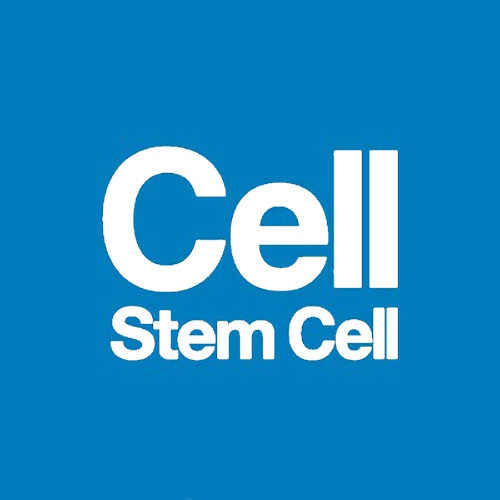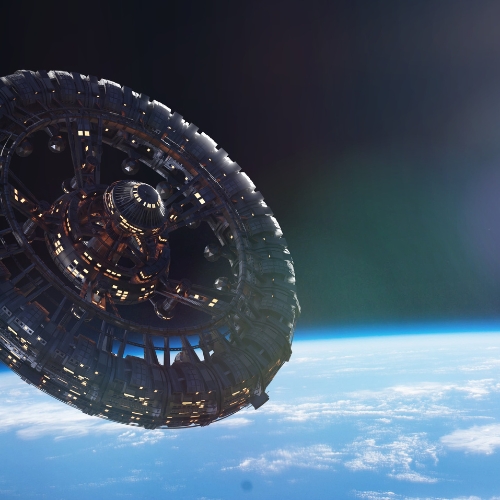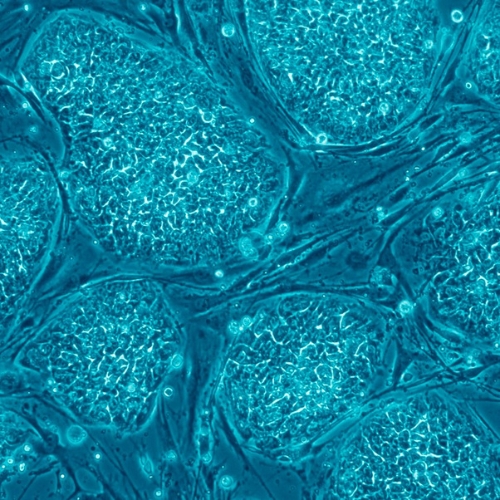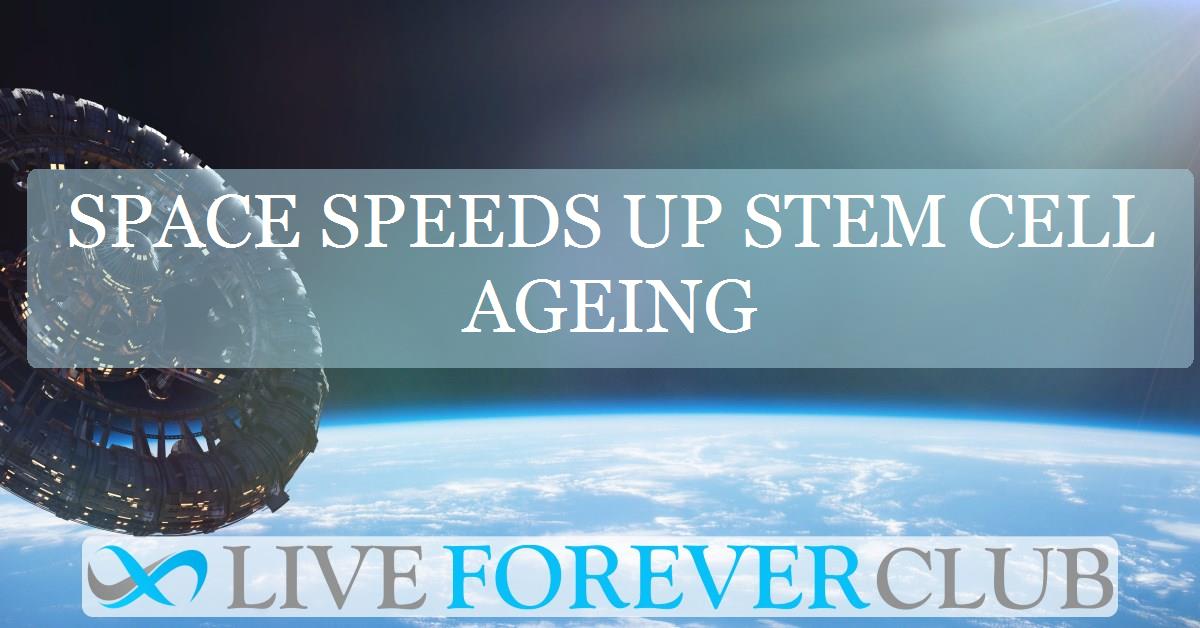Key points from article :
A new study has revealed that spaceflight accelerates the ageing of human stem cells, raising concerns for astronaut health on long missions. Led by Catriona Jamieson, director of the Sanford Stem Cell Institute at the University of California, San Diego, the research was published in Cell Stem Cell. Using bone marrow stem cells from patients, the team launched them aboard four International Space Station resupply missions between 2021 and 2023. Unlike on Earth, where stem cells normally remain inactive most of the time to preserve their function, the cells in microgravity became overly active, burning through energy reserves and showing signs of exhaustion and accelerated ageing.
One striking finding was that these stressed stem cells activated sections of DNA known as repetitive elements, or the “dark genome.” These remnants of ancient viral DNA make up more than half of our genome and are usually silent, but in space they triggered damaging stress responses. Jamieson likened this to what she sees in patients with preleukemic conditions, where stem cell exhaustion leads to serious disease risks. This suggests that astronauts’ immune and blood systems could be significantly weakened during extended space missions.
While these changes are concerning, the research also points to opportunities. Preliminary evidence shows that stem cells may recover after astronauts return to Earth, though the process can take up to a year. Moreover, the bioreactor system used in the study could help predict which individuals are most resilient in space and guide the development of countermeasures, including drugs to limit dark genome activation.
The implications extend beyond space travel. Because stressed stem cells in space resemble those found in cancer and ageing-related disorders on Earth, these insights may accelerate the development of regenerative and anti-cancer therapies. As outside experts noted, the study provides strong evidence of stem cell vulnerability in space, but also a roadmap to protecting astronauts and advancing biomedical science for patients back on Earth.






